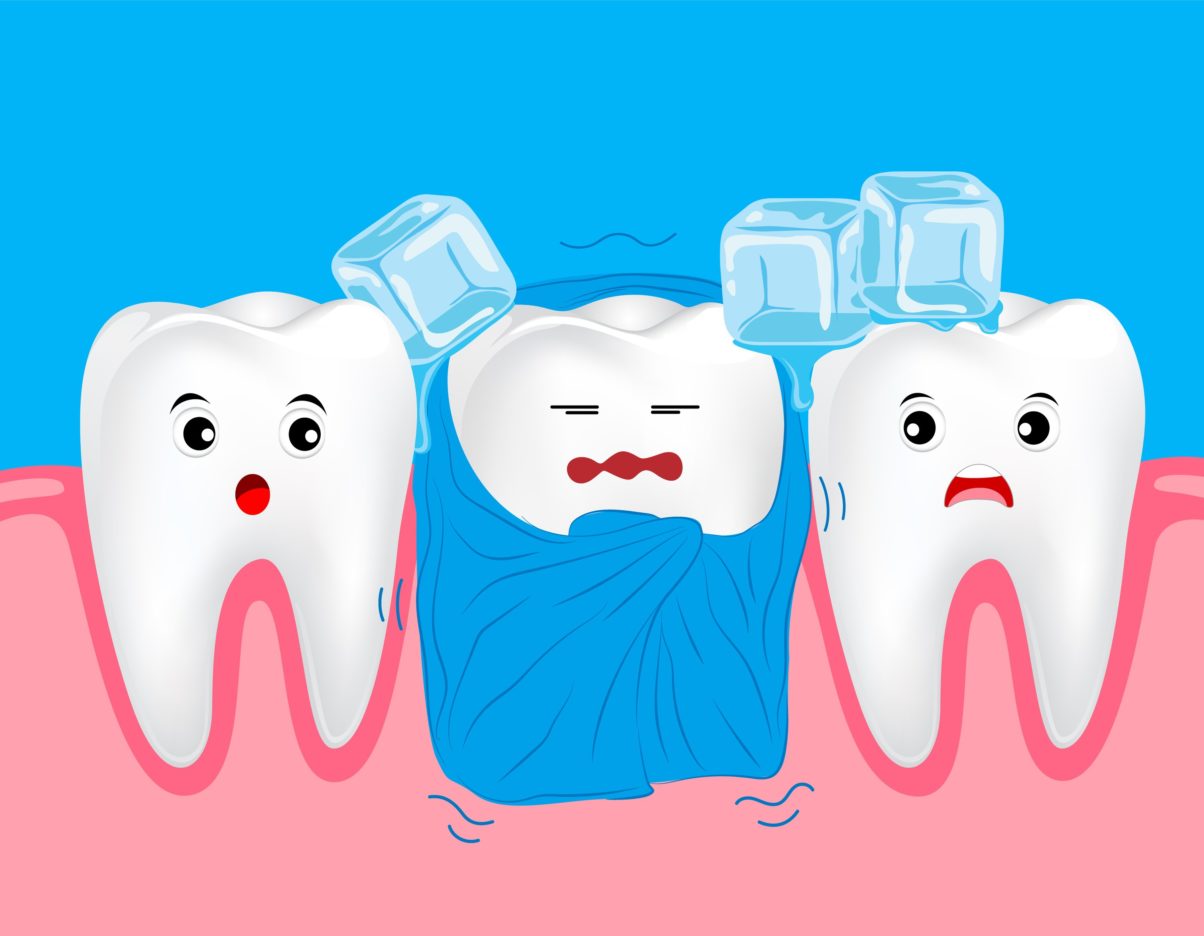It’s not uncommon for people to chew ice after they’ve finished off a cold beverage. You may have been told that this habit can lead to dental health issues; but, is eating ice really bad for you? Here’s what you should know about this problematic habit, along with some tips for how you can put it behind you.
A Troublesome Addiction
While most people have chewed iced from time to time, some people chew it habitually. Compulsive ice-chewers crave ice just as smokers crave cigarettes. They have their favorite types of ice and favorite places to get it. The internet includes sites that are dedicated to the obsession. Some people are so compulsive, they even scrape ice off their freezer walls.
Whether your ice-chewing habit is mild or extreme, you are at risk of serious dental injuries. Read on to find out how you can break your problematic habit and save your smile.
Is Chewing ice Bad for Your Teeth?
The American Dental Association recognizes ice-chewing as one of the riskiest habits that can damage your teeth. Much of this is due to the risk of injury, which can compromise function and aesthetics while leaving us vulnerable to infection. If you get a crack in your tooth, you are likely to experience pain, which can become severe if the crack spreads deep beneath your gum. Cracks can also allow harmful bacteria to enter the pulp of your tooth, where it can cause painful inflammation and decay.
Chipped and broken teeth can also lead to expensive dental treatments, including root canal therapy. You may also end up needing a bridge or crown to replace the damaged tooth and preserve function.
Breaking the Habit
With any habit, awareness is the first key to stopping. Try to be conscious of your ice-chewing and drink refrigerated beverages without ice as much as possible. You may also want to have your blood tested to make sure you aren’t low in iron since researchers have found a link between anemia and ice-chewing. While they can’t say for sure, experts believe ice-chewing may trigger an effect in anemic people, which sends more blood to the brain.
In some cases, ice-chewing can be a symptom of pica, an eating disorder in which people compulsively consume non-food items, such as clay, ash, paper, dirt or ice. If you suspect you are suffering from this issue, talk to your healthcare provider, who will be able to refer you to a qualified professional who can help you recover or better manage your addiction.
If you must chew ice, you are likely to cause less damage by chewing semi-melted slivers or finely shaved ice instead of chunks or cubes. You should also maintain regular dental examinations to check for cracks and chips in your teeth. If your dentist discovers damage, he or she may be able to repair the issue before it evolves into a painful problem requiring expensive treatments.



 Previous Article
Previous Article